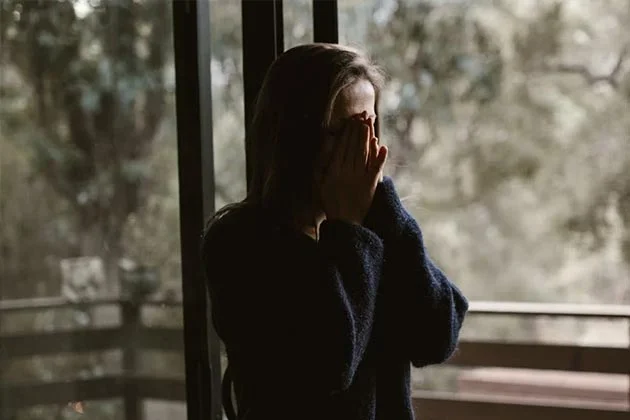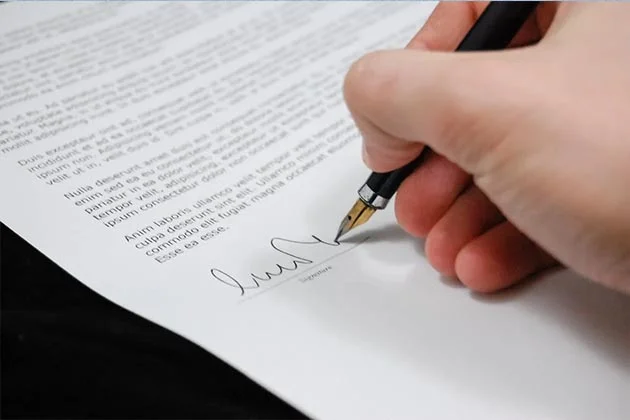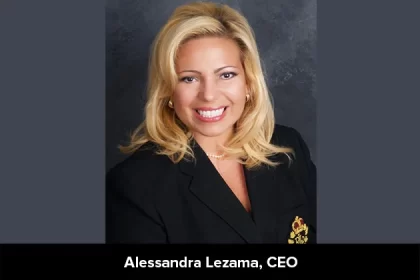It’s a morbid thought, the fact that one day you are going to die. This is why many people avoid it. Not thinking about it doesn’t mean that it isn’t going to inevitably occur one day. This is why you should be as prepared as you can be for the eventuality.
One of the ways you can do this is to prepare a will. The last will let people know how you want your worldly goods disposed of. This is important because it ensures your family is taken care of and ensures the people that you want to benefit from the assets you accumulated throughout your life.
These are 7 things you need to think about when making your will.
1. Getting help
A will is a complex document requiring knowledge of law and estate planning to make it legally binding. If your will is not legally binding, it will be easier for people you had no intention of benefitting from your assets to have it set aside at court.
To avoid that, you have to get the help of people who have experience with wills. Experience dispensing financial advice will be helpful too. There are several mistakes that you as a layman could make with your will, such as:
- Not signing it. This creates doubt that you wrote
- Improperly adding amendments that invalidate parts of the whole will
- Vaguely wording the will. This will create confusion as to what you meant and may fuel conflict among those you left behind.
We’ve all seen those movies and TV dramas about families feuding for decades over a will. Don’t cause this to happen to yours. Get help when getting your will done.
2. Identify your assets
You’ll need to sit down and list the assets you have accumulated at the point you decide to write the will. Find out which assets you can leave to others in the will. Assets in your name, as well as assets held as tenants in common. In a tenant in a common ownership relationship, each person owns a defined share of the property. In this case, when you die, you can bequeath your part ownership of it to someone.
You cannot do this if you own the property jointly with someone else. For example, in a marriage, the couple owns their home jointly. If one of them were to die, the other would automatically gain ownership of the asset.
List your assets. It will help you understand which you can give to others in your which you won’t be able to.
3. Appointing an executor
This is something that shouldn’t be done lightly. This person will be responsible for seeing that your last will is carried out when you are gone.
You will want to pick someone who is responsible and who can be trusted. This person must also have a solid financial history. Search your mind for someone you believe will be able to discharge this duty fairly, without creating conflict among your beneficiaries. Unfortunately, persons with a criminal history may not be suitable, even if they have changed their ways.
This is work that may take several years to discharge and may be hard on the person you select. Be sure that the person you choose can handle it.
4. Dispersal of Assets to Beneficiaries
Because these are your worldly assets, you are free to dispose of them as you wish. However, there are some rules you need to keep in mind. For example, you can leave assets to minors (those younger than 18) but they will have to wait until they are adults to receive what was left to them.
Make decisions on who would benefit most from being given which particular assets. For instance, someone whom you know needs money, should be left an asset they can receive cash quickly from. Make clear as well who you do not want to benefit from the will. These are your assets and you do not need to be compelled to give them to people you do not want to.
5. Legal guardians for children
Most people make their first will when their children are small largely because they are thinking about what would happen to their children if they were not there.
Like your choice of executor, this is one you need to think seriously about. This is the person who will be raising your children if something happens to you. Are they responsible? Would they take care of your children the way you would? Would they raise them with values you’d want them to grow up with?
6. Funeral plans
You have the opportunity to solidify how you would like your final rites to proceed and under what traditions and conditions. If it is important to you to have a particular ceremony done or hymn was sung, you can stipulate this. It leaves less confusion among your relatives about what you would have wanted.
7. Planning for future changes if necessary
Things will change in your life. Your children will grow up, you may acquire additional assets, or your executor may die before you. This is why you need to meet with your estate planners and/or lawyers periodically to discuss what changes may be needed.
These 7 things will help you on your way to writing the last testament that will see your last wishes carried out the way you wanted. Do not neglect this bit of planning.











